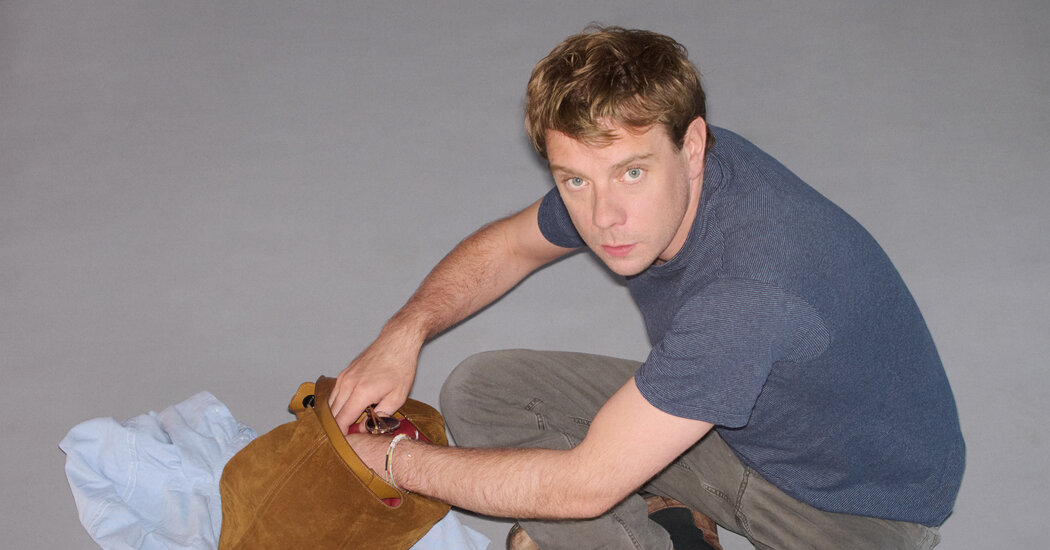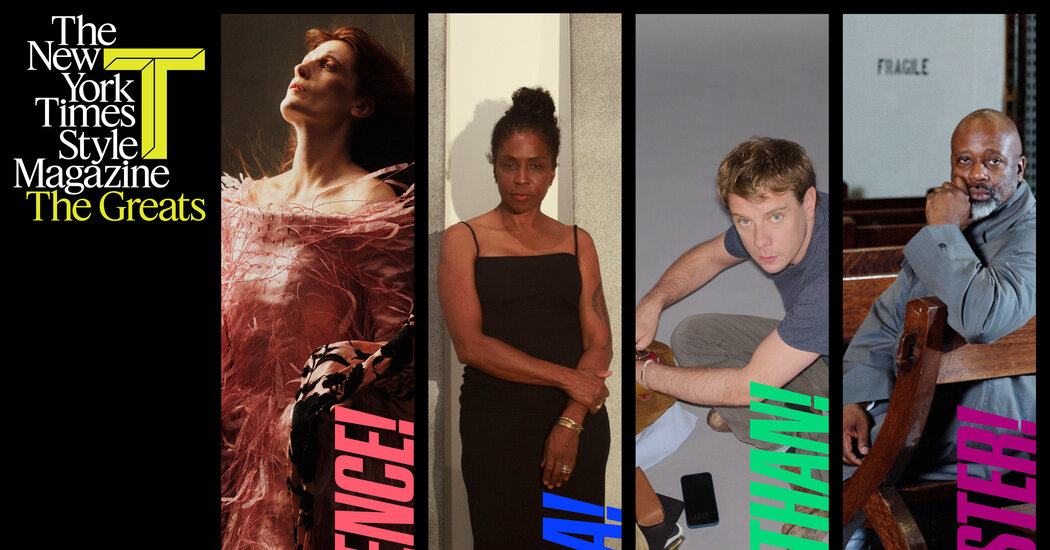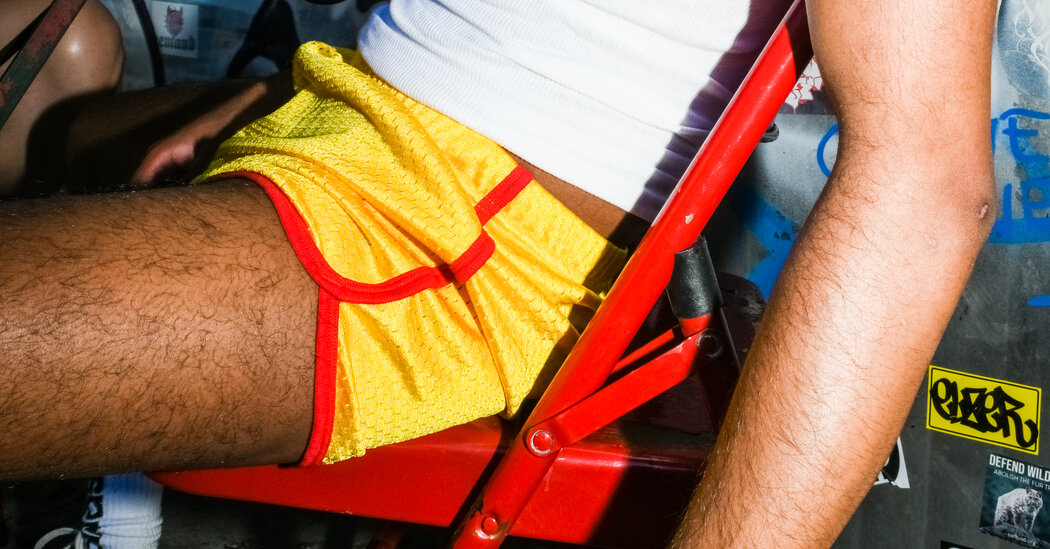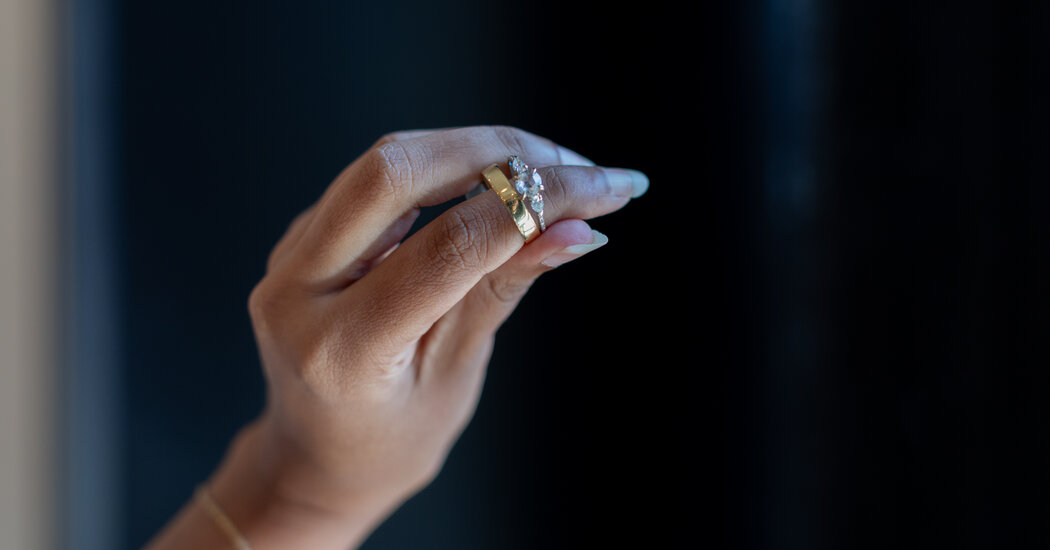Claude Montana, the audacious and haunted French designer whose exquisite tailoring defined the big-shouldered power look of the 1980s — an erotic and androgenous tough chic that brought him fame and accolades until he was felled by drugs and tragedy in the ’90s — died on Friday in France. He was 76.
The Fédération de la Haute Couture et de la Mode confirmed the death but not specify a cause or say where he died.
“His clothes were fierce, with a power that was both militaristic and highly eroticized,” said Valerie Steele, director of the Museum at the Fashion Institute of Technology. “It was not the American power look of the shoulder-padded executive. His was a different kind of working woman.”
Mr. Montana often drew inspiration from the after-hours world of the Paris demimonde — the sex workers and dominatrixes, the denizens of the leather bars he frequented. But he wasn’t just stamping out fetish gear.
“His tailoring was impeccable,” Josh Patner, a former fashion coordinator at Bergdorf Goodman, said by phone. “His clothes were meticulous, beautiful objects. He defined the design language of his era. The 1980s power proportions, the unreasonably sleek surfaces, the hard edges made sensual.”
Shy and recessive in person, Mr. Montana was nonetheless a born showman. From his first show, in 1977, when he sent out models in full leather regalia, the epaulets of their jackets looped with chains, his Paris presentations were among the buzziest. Certainly his shows were among the hardest to get into.
“You waited and you waited and you waited,” Kate Betts, the fashion journalist and author, said in a phone interview. “But they were worth every minute. His tailoring was scalpel sharp. The level of perfectionism was intense.”
Claude Montamat was born on June 29, 1947, in Paris, one of three siblings. He changed his surname in the 1970s, he said, because people kept mispronouncing it. His mother was German, his father was Spanish and the family was well-to-do. “Very bourgeois,” he told The Washington Post in 1985. “They wanted me to be something I did not want to be.”
He left home when he was 17 and moved to London, where he began making papier-mâché jewelry that was featured on the cover of British Vogue. But back home in Paris, where he returned in 1973, he couldn’t find a market for his pieces, and through a friend landed a job as a cutter for Mac Douglas, a luxury leather wear company. A year later, he was chief designer. By 1976, he was on his own.
A complete obituary will be published soon.







